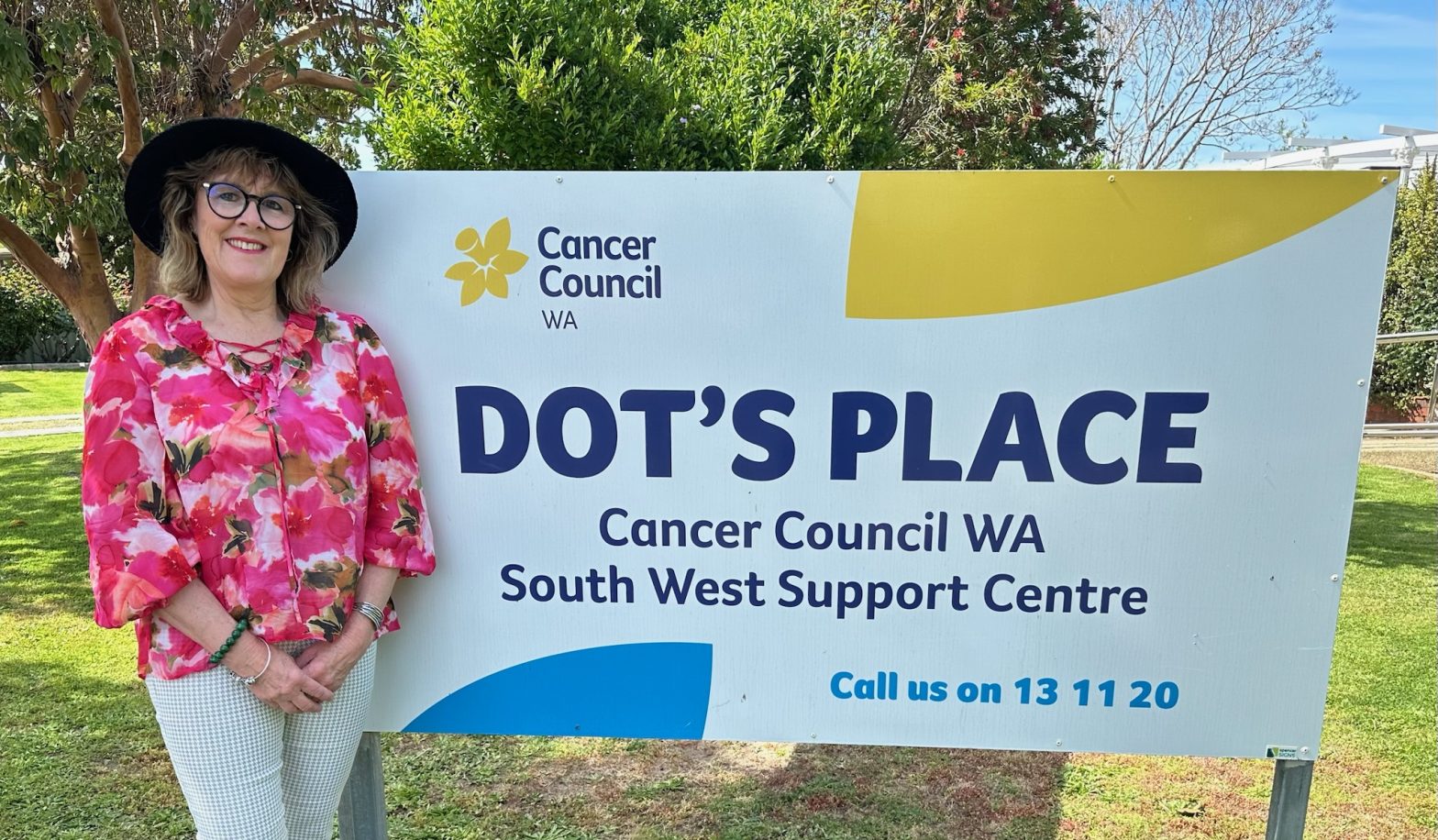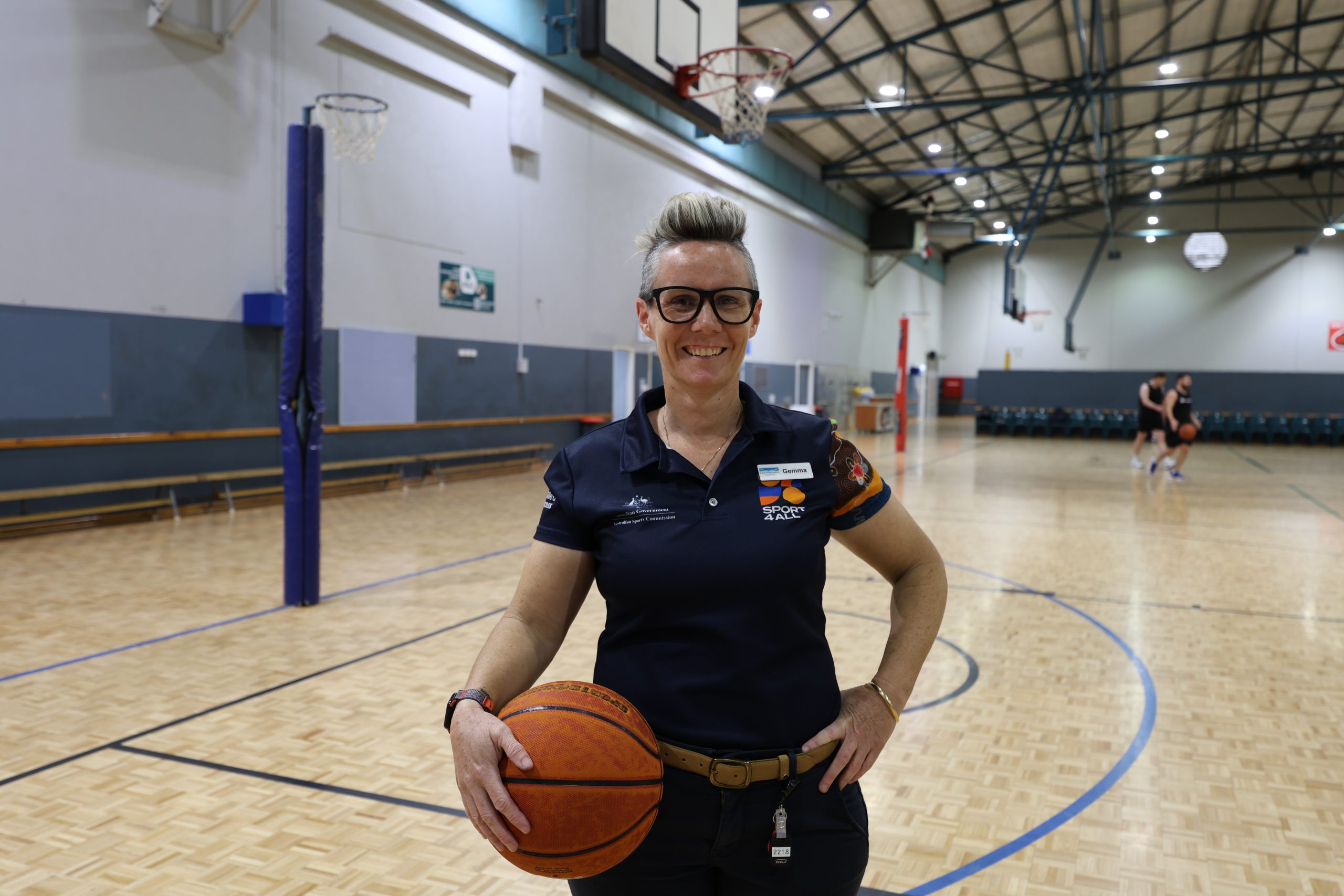Address lung cancer signs sooner

Cancer Council WA's Julie Rose says there are resources available to help locals address potential symptoms early.
Cancer Council WA is using November’s Lung Cancer Awareness Month to remind people in the South West region of the symptoms of lung cancer and what to do if they notice any unusual changes to their bodies.
Cancer Council WA’s South West Regional Education Officer, Julie Rose said it is important to visit your doctor, clinic nurse or Aboriginal health worker right away if you experience any symptoms.
“If you cough up or spit up blood even once, or, for more than four weeks, you’ve had a pain in your chest and/or shoulder, a lot of chest infections, a new cough, a change to your usual cough, or changes to your voice, where it’s sounding croaky, then visit your doctor, clinic nurse or Aboriginal health worker,” Julie said.
“Similarly, if for more than four weeks you’ve noticed you’re finding it hard to breathe, losing weight without trying, not feeling hungry, feeling tired or lacking energy, then it’s important to get it checked out.
“It doesn’t mean you’ve got cancer; often, it turns out to be something less serious, though it’s important to have the symptoms investigated early to be sure.
“The benefit to finding cancer early is that you can be around longer to do those things that mean a lot to you with people you love.
This might include caravanning, holidaying, camping, seeing your children get married, or spending more time with your grandchildren.”
Lung cancer was the fourth most commonly diagnosed cancer in Western Australia in 2019 and the most common cause of cancer death.
In the South West in 2019, 106 people were diagnosed with lung cancer and 56 people lost their lives to this cancer.
It is important to keep an eye on symptoms as there is currently no lung cancer screening program available to help detect lung cancers early.While 80 per cent of lung cancers in Australia are caused by smoking, it’s important to know that lung cancer can also occur in people who have never smoked. Other known causes include occupational carcinogens, such as silica dust and diesel engine exhaust, family history of lung cancer or previous lung disease. For more information about lung cancer symptoms, visit www.findcancerearly.com.au or call the Cancer Council on 13 11 20.


















